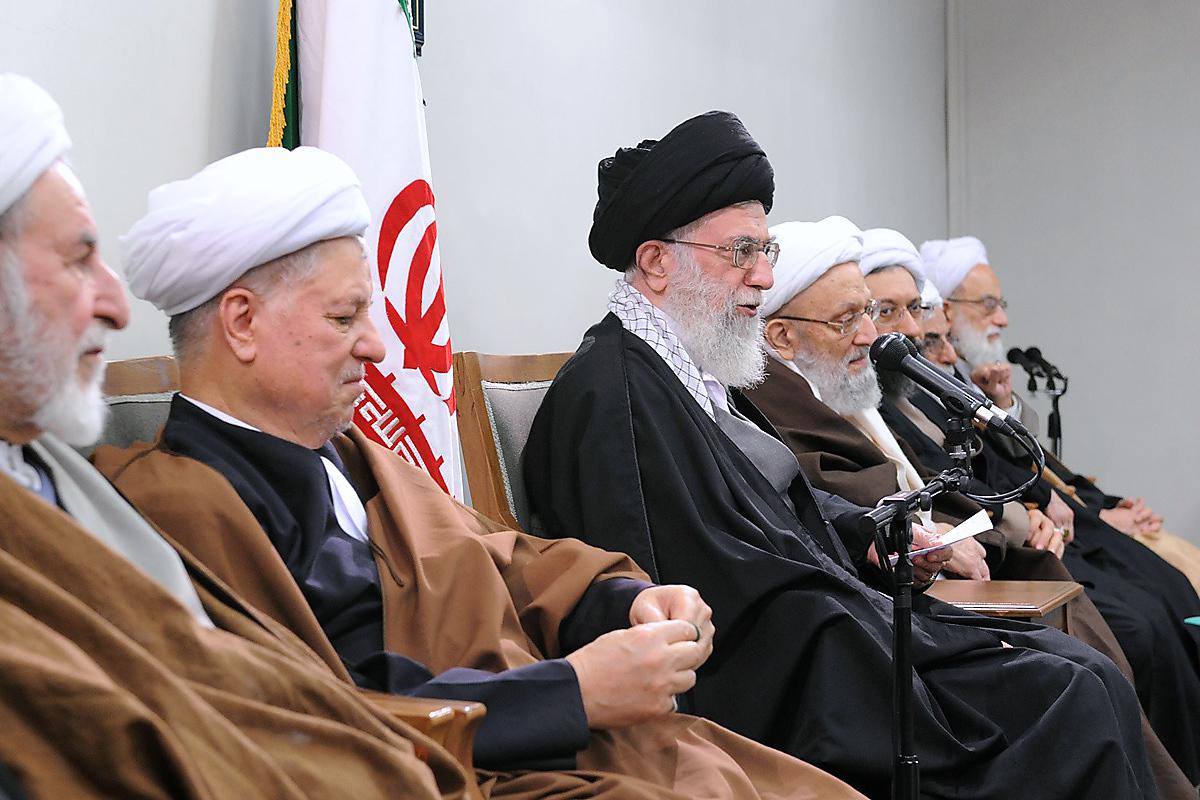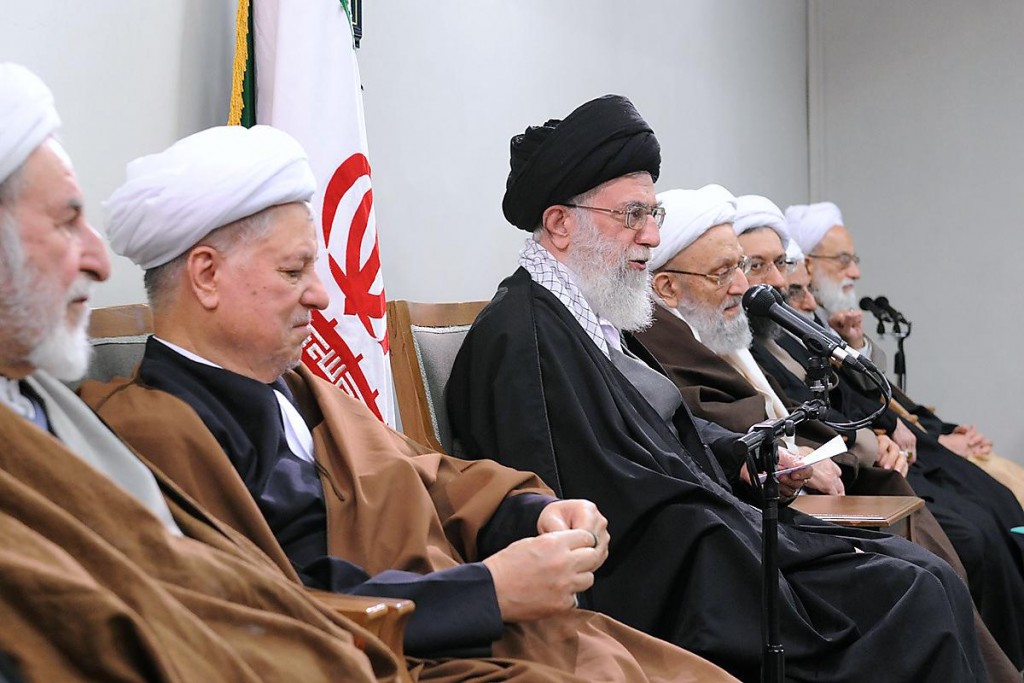The health of the Iranian Supreme Leader, Ayatollah Ali Khamenei, might undermine the ongoing negotiations between Tehran and the P5+1 over Iran’s disputed nuclear program.
According to recent reports from the Iranian media, Ayatollah Ali Khamenei has been diagnosed with prostate cancer and may only have months to live. This development has opened a power struggle among the possible candidates qualified to obtain his position.
As The Telegraph noted in a recent article, an ongoing power struggle between hard-liners and moderates over Iran’s top administrative position could derail the P5+1 – Iran talks, which are supposed to be concluded on 30 June.
Part of this power game was the election last March of the ultraconservative Ayatollah Mohammad Yazdi as the new chairman of Iran’s Assembly of Experts, the institution that can appoint and dismiss the country’s supreme leader.
Among the candidates for the position of Ali Khamenei, is Ayatollah Sadeq Larijani, a hardliner, brother of Ali Larijani (Iran’s former chief nuclear negotiator and now chairman of the Iranian parliament and protégé of Khamenei).
According to a western diplomat, this power struggle in Tehran could jeopardize the deal on Iran’s nuclear programme. Last April the five permanent members of the UN Security Council (USA, Russia, UK, France and China) plus Germany and Iran reached an agreement, which aims to end the long disputed issue of Iran’s nuclear programme.
According to the framework of the agreement, which is going to be finalized by the end of this month, Iran will dramatically scale down its nuclear activities, so it would not be able to produce nuclear weapons in the future.
In return Iran will see painful sanctions lifted by the United States, Russia, China, Britain, France and Germany.
But as the western diplomat said to The Telegraph,
“With so many people jockeying for position, the hardliners will be tempted to prove their revolutionary credentials by vetoing any deal with the US,” and he continued, “The fear now is that this could jeopardize any progress we make in resolving the issue and lifting the sanctions.”


